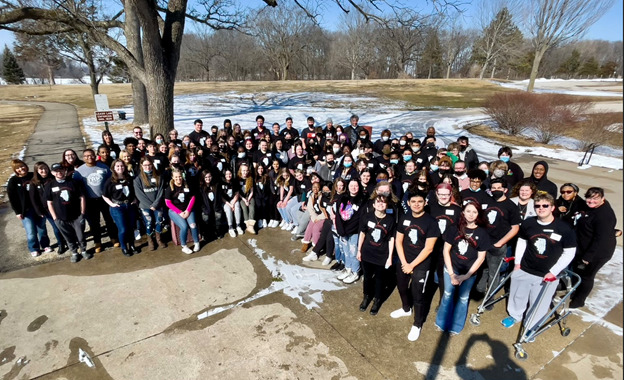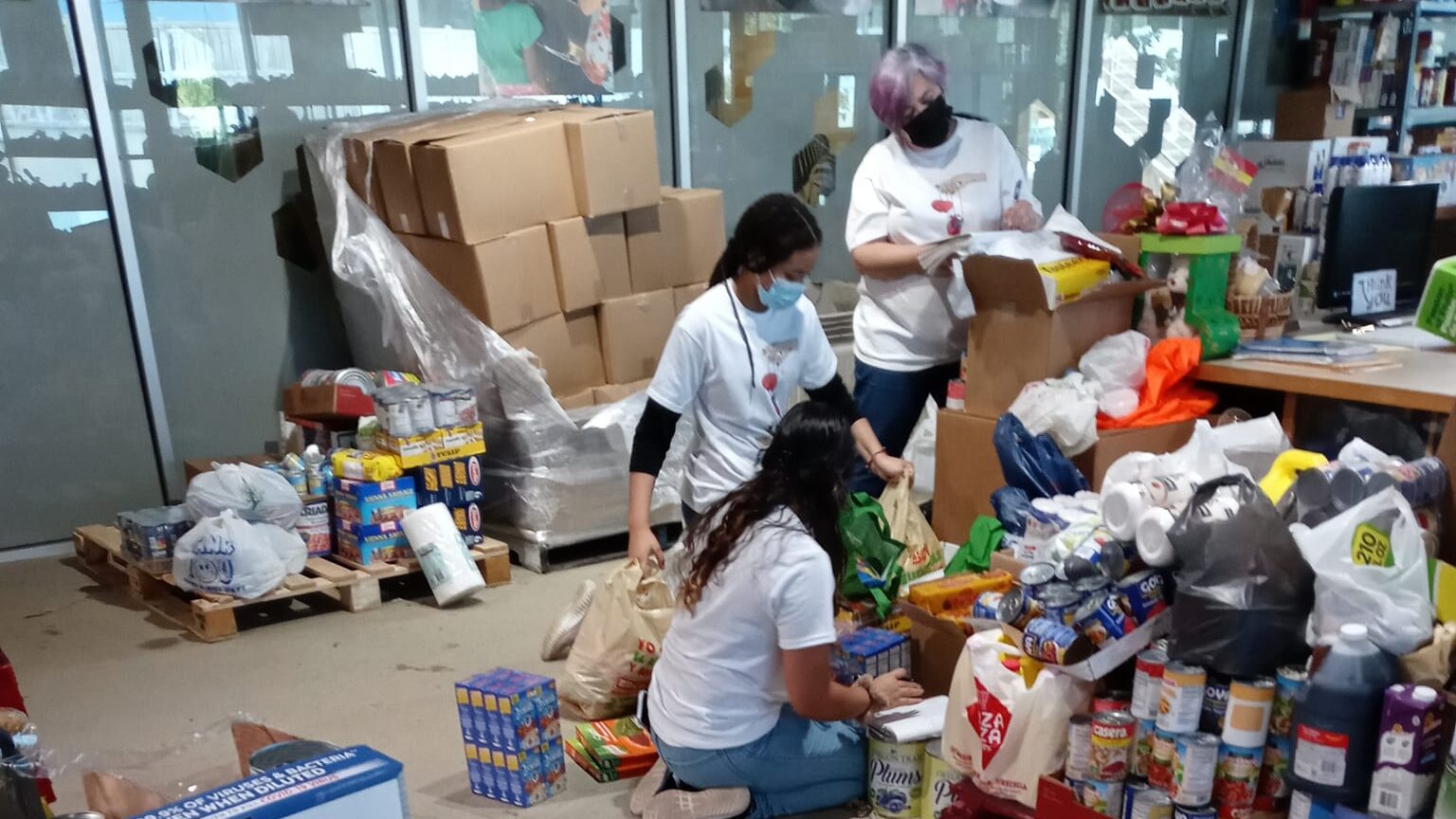
This month, TRIO communities in states across the U.S. are gearing up to mark National TRIO Day with a range of activities involving students, staff, campus and community leaders, and state and national policymakers.
Since 1986, the fourth Saturday in February has been designated “National TRIO Day,” an annual occasion to commemorate the achievements of TRIO students and programs through service activities and celebrations. A few of this year’s events are highlighted below.
In Oklahoma, the Oklahoma Division of Student Assistance (ODSA) will mark National TRIO Day on Wednesday, February 22, with a morning event at the state Capitol and a college fair at Oklahoma City Community College in the afternoon. About 500 members of the TRIO community will participate, said Dawn Compton, President of ODSA and Director of Upward Bound at Northeastern Oklahoma A&M College.

According to Rafael Orozco, President of the Colorado chapter of ASPIRE, local and state events are planned across the state. The celebrations during the week of February 20th will culminate in meetings at the state Capitol in Denver, where a state representative will read a proclamation of TRIO Day and students will participate in a service project benefiting local homeless shelter.
New England’s TRIO Day celebration is a regional tradition that rotates among the state capitals. This year, about 450 people have registered to participate in the two-day event in Providence, Rhode Island. Scheduled activities include advocacy letter writing, workshops, college tours, guest speakers, and a college fair, said Jessica Coronel, Associate Director of Upward Bound at Western Connecticut State University and Co-Chair of the TRIO Day Committee for NEOA.
Orozco said this year there’s a specific reason to make sure policymakers understand the importance of TRIO. “There’s much talk about the debt ceiling and worry about where the TRIO budget fits into all of this. The more we get out the word about TRIO, the better we can help our students.”
Compton said the TRIO Day commemoration and the meetings with state and federal lawmakers benefit all involved. “We’re getting the participants in the Capitol, they’re meeting their representatives, and they’re getting to tell their TRIO story,” she said. And these meetings make a significant impression on the representatives. “Some have not been traditional TRIO advocates, but once they have come to speak to us and meet the students, they start to lean our way.”